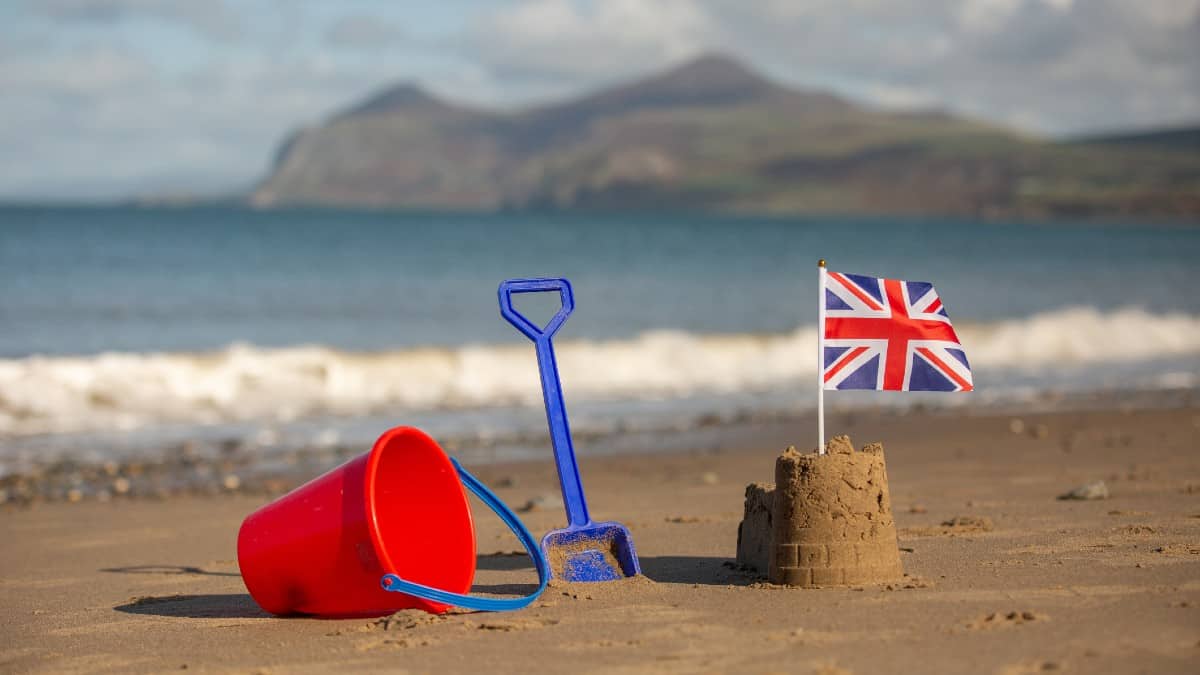Purchasing dirt-cheap British shares, and knowing I’ll own them for decades, strikes me as a fantastic method to develop long-term wealth. Right now, I think that many great British companies are trading for way below their true values. That being said, nobody knows where share prices will go next, especially in the near term. I might easily stock up on what I believe are bargain shares now, only to discover that they’re much cheaper a year from now. This is why, when I buy shares, I fully intend to own them for at least 10 years.
I’m buying dirt-cheap British shares today
History shows stock markets have beaten practically every other investment over the long run. If I can somehow buy shares while they’re cheap rather than costly, they’ll do even better. I think that recent market downturns and the ongoing effects of the Covid-19 pandemic have created some fantastic buying opportunities. Some company shares are at their lowest prices in over a decade and I’m eager to scoop them up while I can. For example, Rolls-Royce is currently trading at 94.16p, its lowest since 2005.
I must keep in mind that just because a stock is cheap and British, doesn’t mean it’s automatically a good buy. There’s usually a solid reason prices have fallen. Sales may be declining. The costs of doing business may be increasing. The competition could be too fierce, and smaller, more agile competitors may be stealing market share. The company’s management plan might have gone off the rails or consumers may have lost interest in its product.
Should you invest £1,000 in Rolls-Royce right now?
When investing expert Mark Rogers has a stock tip, it can pay to listen. After all, the flagship Motley Fool Share Advisor newsletter he has run for nearly a decade has provided thousands of paying members with top stock recommendations from the UK and US markets. And right now, Mark thinks there are 6 standout stocks that investors should consider buying. Want to see if Rolls-Royce made the list?
However, there are a few key metrics I’m keeping an eye out for that could indicate when a company’s stock is selling for far less than it ought to be. These indicators can be the P/E ratio, the discounted cash flow or even the amount of investment pouring into the firm to help develop new products.
The key is to hold for the long term
Before buying British shares that appear to be dirt-cheap, I’ll examine them for all of these risks. I prefer organisations that have experienced minor setbacks and appear to be on the mend. In some circumstances, the setback was beyond their control (the pandemic is a good example). In other cases, the market may have reacted too strongly to a single set of disappointing data. Their current prices may not reflect their future possibilities in this situation.
To keep with the Rolls-Royce example, the aeronautics company took a serious hit to revenue in 2020, while operating costs also went up. But after careful restructuring, it was able to come back to profitability in 2021. This restructuring could now go on to increase its profit margins for years to come. All I need to do is be patient.
Of course, the biggest risk is that the firm will never recover. Sometimes, no amount of restructuring can save a company. Just ask Toys ‘R’ Us. To counter this, I would establish a well-balanced portfolio of at least a dozen equities to spread my risk. As global stock market volatility increases, there should be plenty of cheap British shares to choose from.








